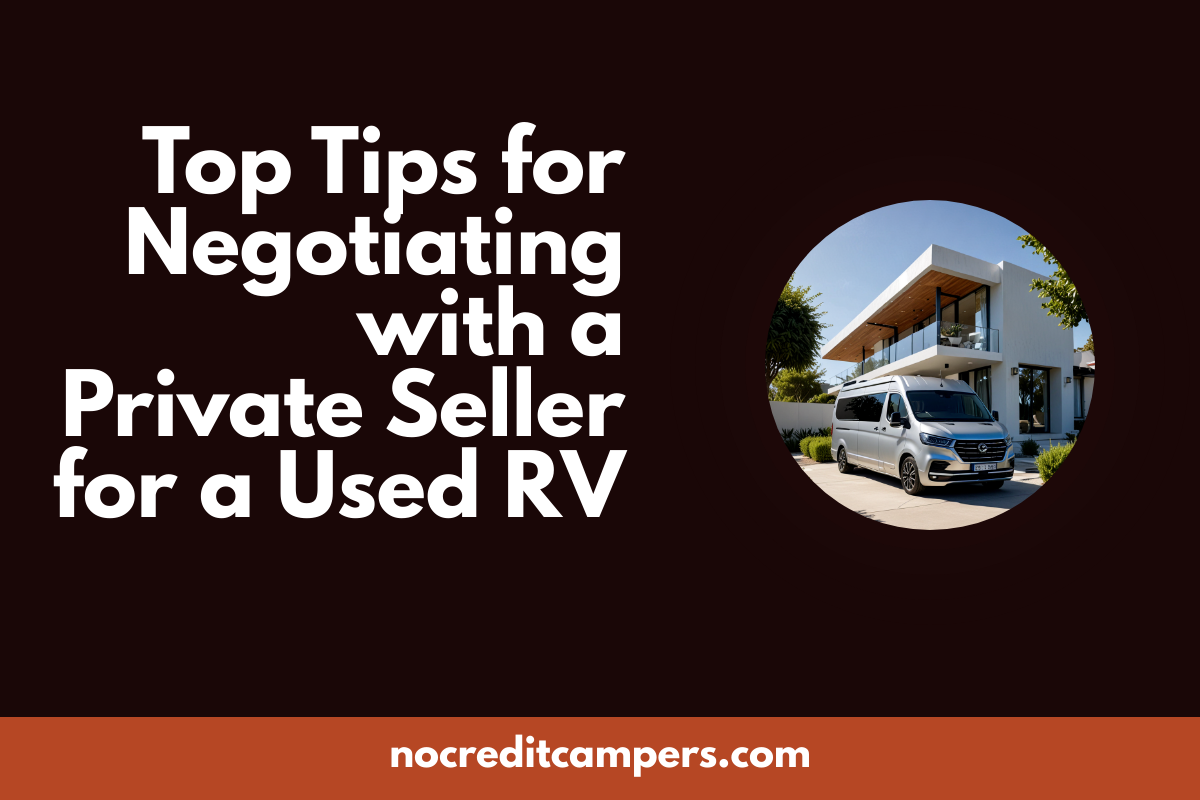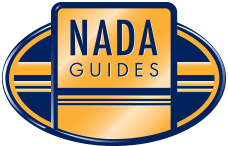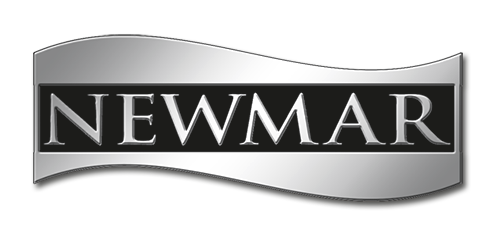Private seller purchases
When it comes to purchasing a used RV, negotiating with a private seller can be a strategic process that requires careful consideration and effective communication. Understanding the negotiation process is crucial to securing the best possible deal. Whether you are a seasoned RVer or a first-time buyer, arming yourself with knowledge and tips for negotiating can make a significant difference in the outcome of your purchase.
Understanding the Negotiation Process
Before diving into negotiations with a private seller, it's important to analyze key factors that can influence the deal. Factors such as the condition of the RV, market demand, and your budget play a significant role in shaping the negotiation process. Preparing yourself by researching the fair market value of used RVs and assessing the condition of the specific vehicle you're interested in can give you a competitive edge during negotiations. Research enables you to enter negotiations with a clear understanding of the value of the RV, empowering you to negotiate confidently and effectively.
Effective Communication with the Seller
Establishing a good rapport with a private seller is essential for a successful negotiation. Building trust and maintaining clear communication can help create a positive atmosphere for discussing the terms of the sale. Private sellers often use various negotiation tactics to secure the best price for their RV. Understanding these tactics and responding strategically can help you navigate through the negotiation process. Clear and transparent communication is key to ensuring that both parties are on the same page and working towards a mutually beneficial agreement.
Determining a Fair Price
One of the crucial steps in negotiating with a private seller is determining a fair price for the used RV. Utilizing resources such as online platforms, RV blogs, and NADA values can help you gauge the market value and condition of the RV you intend to purchase. Assessing the RV's condition in person and identifying any potential maintenance or repair needs can provide you with negotiation leverage to secure a fair price. Specific negotiation strategies tailored to private sellers can help you navigate through the price discussion effectively and reach a mutually agreeable deal.
Tips for a Successful Negotiation
Avoiding common negotiation pitfalls is essential when dealing with a private seller for a used RV. Leveraging resources like the Good Sam community can provide you with valuable advice and insights on negotiating with private sellers. In case negotiations reach a stalemate, remaining patient and exploring alternative solutions can help you break the deadlock and move forward towards a favorable outcome. Keeping a positive attitude and being flexible in your negotiation approach can significantly impact the success of your deal.
Negotiating with Dealerships vs. Private Sellers
When comparing negotiations with dealerships and private sellers, there are distinct differences in approaches and outcomes. Understanding these variations can help you navigate through negotiations more effectively. Negotiating with a private seller may offer advantages such as more personalized interactions and potentially lower prices compared to dealing with dealerships. Knowledge of NADA values and market trends can guide your negotiation approach with private sellers, ensuring that you are well-informed and equipped to negotiate the best possible price for a used RV.
FAQ
Q: How do I negotiate with a private seller for a used RV?
A: When negotiating with a private seller for a used RV, be prepared by doing research on the market value of the RV, its condition, and any similar listings. Approach negotiations politely and be willing to walk away if the terms are not favorable.
Q: What are some tips for negotiating the best price with a private seller?
A: Some tips for negotiating the best price with a private seller for a used RV include starting with a lower offer than you are willing to pay, highlighting any issues or repairs needed to justify a lower price, and being patient during the negotiation process.
Q: Should I consider the NADA value when negotiating with a private seller for a used RV?
A: Yes, considering the NADA (National Automobile Dealers Association) value of the RV can be helpful when negotiating with a private seller. It gives you a benchmark for the fair market value and can help in determining a reasonable offer price.
Q: How can I ensure I get the best price when buying a used RV from a private seller?
A: To ensure you get the best price when buying a used RV from a private seller, research the market value, have a maximum budget in mind, be prepared to negotiate, and consider getting the RV inspected by a professional.
Q: Are there any specific strategies to use when negotiating with a private seller for a used RV?
A: Yes, some strategies when negotiating with a private seller for a used RV include being respectful and courteous, asking questions about the RV's history and maintenance, and being prepared to make a fair offer based on the RV's condition and market value.
Q: What are the advantages of buying a used RV from a private seller compared to a dealership?
A: Buying a used RV from a private seller can sometimes be more cost-effective compared to purchasing from a dealership, as private sellers may be more flexible with pricing. It also allows for direct communication with the RV owner to learn more about the vehicle's history.
Q: How do I know if the asking price of a used RV from a private seller is fair?
A: To determine if the asking price of a used RV from a private seller is fair, research similar RVs in the market, compare the condition and features, consider the NADA value, and use negotiation skills to arrive at a mutually agreeable price.






